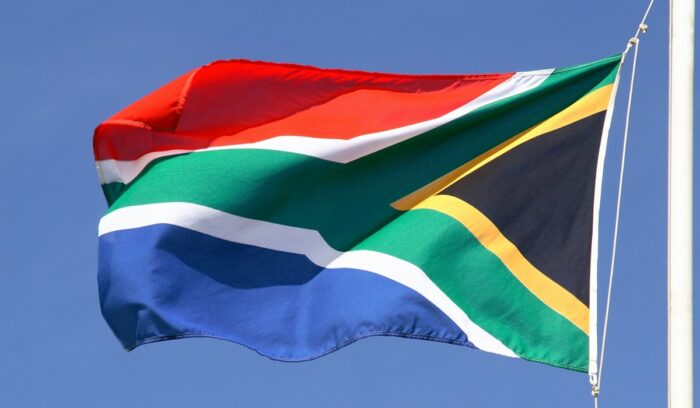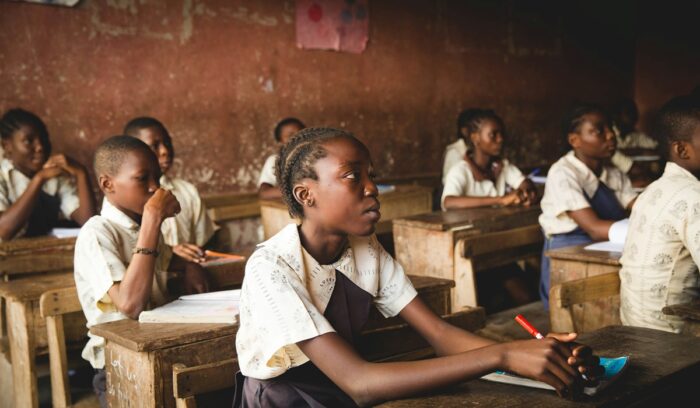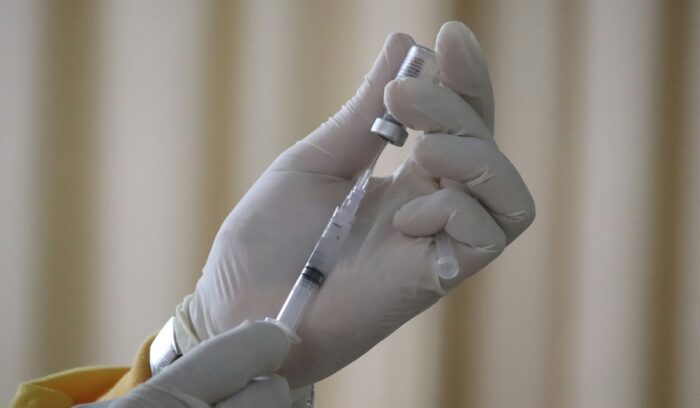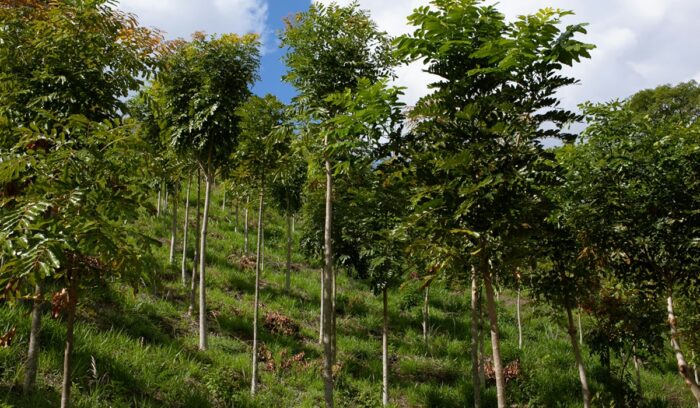South Africa passes its first sweeping climate change law
South African President Cyril Ramaphosa has signed into law a broad climate change act that will set caps for large emitters and require every town and city to publish an adaptation plan. The Climate Change Bill aims to enable South Africa to meet its emissions reduction commitments under the Paris climate agreement. South Africa, which is the world’s most carbon-intensive major economy and among the top 15 greenhouse gas emitters, is on track to miss those targets because of to its heavy reliance on coal for electricity.









